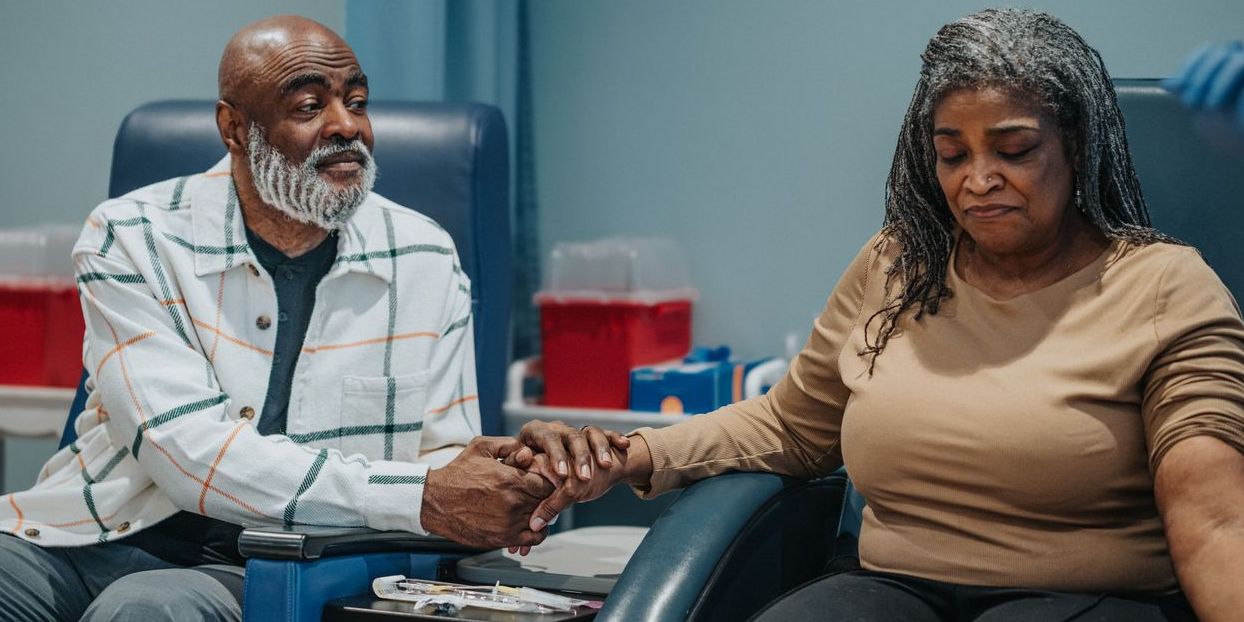The following is a summary of “Supervised hospital based pulmonary rehabilitation outcome in long COVID–experience from a tertiary care hospital,” published in the December 2022 issue of Primary care by Rao, et al.
Long COVID, where patients experience multisystem symptoms for more than four weeks after COVID-19, is a concern for many patients. As a result, pulmonary rehabilitation has been proposed as a potential treatment option for long COVID patients. For a study, researchers sought to investigate the impact of pulmonary rehabilitation on patients’ outcomes, specifically on improvement in dyspnea scale, oxygen saturation, cough score, six-minute walk distance, and biomarkers of inflammation.
This retrospective observational study analyzed data from electronic medical records of 71 long COVID patients. Parameters such as oxygen saturation, dyspnea scale, cough score, six-minute walking distance, and blood levels of biomarkers such as D-dimer, C-reactive protein (CRP), and leukocyte count were recorded at the time of admission and after three weeks of pulmonary rehabilitation. Patients were divided into two groups based on their outcomes: full and partial recovery.
The study found that 84.5% of the patients were male, with a mean age of 52.7 ± 13.23 years. At admission, biomarkers such as CRP and D-dimer were elevated in 68 (95.7%) and 48 (67.6%) patients, respectively. After three weeks of pulmonary rehabilitation, the mean oxygen saturation, cough score, and six-minute walk distance showed significant improvement in the patients who fully recovered. The biomarkers were also normalized in the same group of patients.
Therefore, the study suggested that pulmonary rehabilitation can significantly improve the outcomes of long COVID patients by improving their oxygen saturation, dyspnea scale, cough score, and six-minute walk distance, as well as normalizing their biomarkers of inflammation. They recommend that pulmonary rehabilitation should be offered to all long COVID patients.














Create Post
Twitter/X Preview
Logout